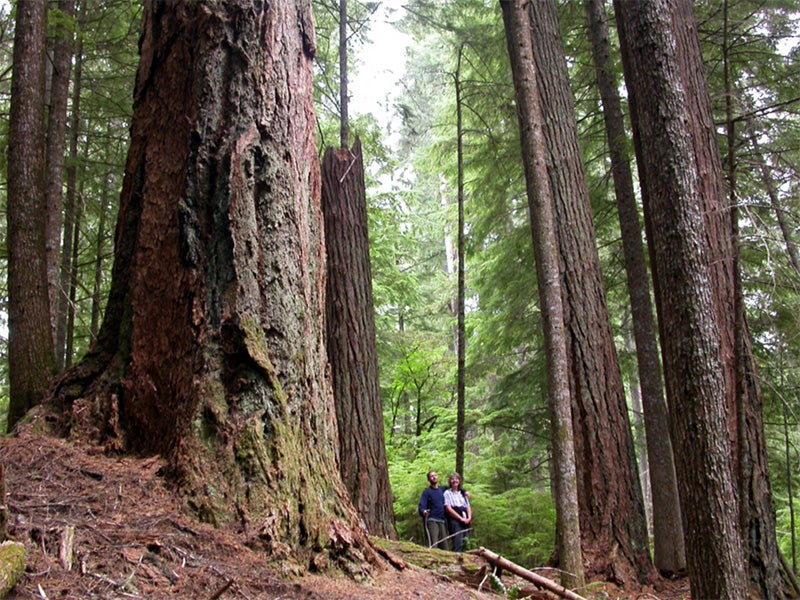Defending the Appeals Reform Act
The right of ordinary Americans to participate in the management of their national forests could have been eliminated. Without administrative appeals, all final project and planning decisions are left to the federal judiciary to decide the merits of the final decision.
Clients
Regional Office / Program
Case Overview
In 1992, Congress passed the Appeals Reform Act, which required the U.S. Forest Service and the Secretary of Agriculture to allow the public to help guide how logging and other projects take place on our National Forests. Congress required the Forest Service to inform the public about pending projects, let the public comment on proposed projects so that they could be improved or rejected entirely, and required the Forest Service to allow administrative appeals contesting projects before they were implemented. The Act was adopted in response to a Forest Service proposal to do away with most administrative appeals of project decisions, such as timber sales, implementing forest plans.
In 2003, the Bush administration proposed new regulations that sought to cut back on public rights to receive notice of pending timber sales or other National Forest decisions, comment on such projects before they are finalized, and ultimately to appeal the Forest Service’s decisions. Before the administration developed new regulations, the Forest Service was required to provide public notice of an upcoming project and to take public comments on their plans. Citizens also had the right to file administrative appeals within 45 days of a Forest Service decision. Under the administration’s new policy, the Forest Service has several options to eliminate public involvement in National Forest logging.
Earthjustice, on behalf of conservation groups, challenged the new regulations, arguing that the right of ordinary Americans to participate in the management of their national forests could be eliminated. Without administrative appeals, all final project and planning decisions are left to the federal judiciary to decide the merits of the final decision.
In 2006, a federal judge restored the public’s right to participate in the management of our National Forests by rejecting the three Bush administration rules. In the ruling, U.S. District Court Chief Judge Donald Molloy issued a nationwide injunction against the Bush rule that required members of the public to submit substantial comments on a Forest Service project or else lose the right to challenge that project. Judge Molloy also declared unlawful two Forest Service rules that allowed the government to cut the public out of National Forest management by having the Secretary or Under Secretary of Agriculture sign a Forest Service project decision or by exempting a project from environmental analysis requirements. Those two rules previously were also invalidated by a federal court in California in a separate lawsuit over the Forest Service appeal rules.

Case Updates
Case page created on April 25, 2005.